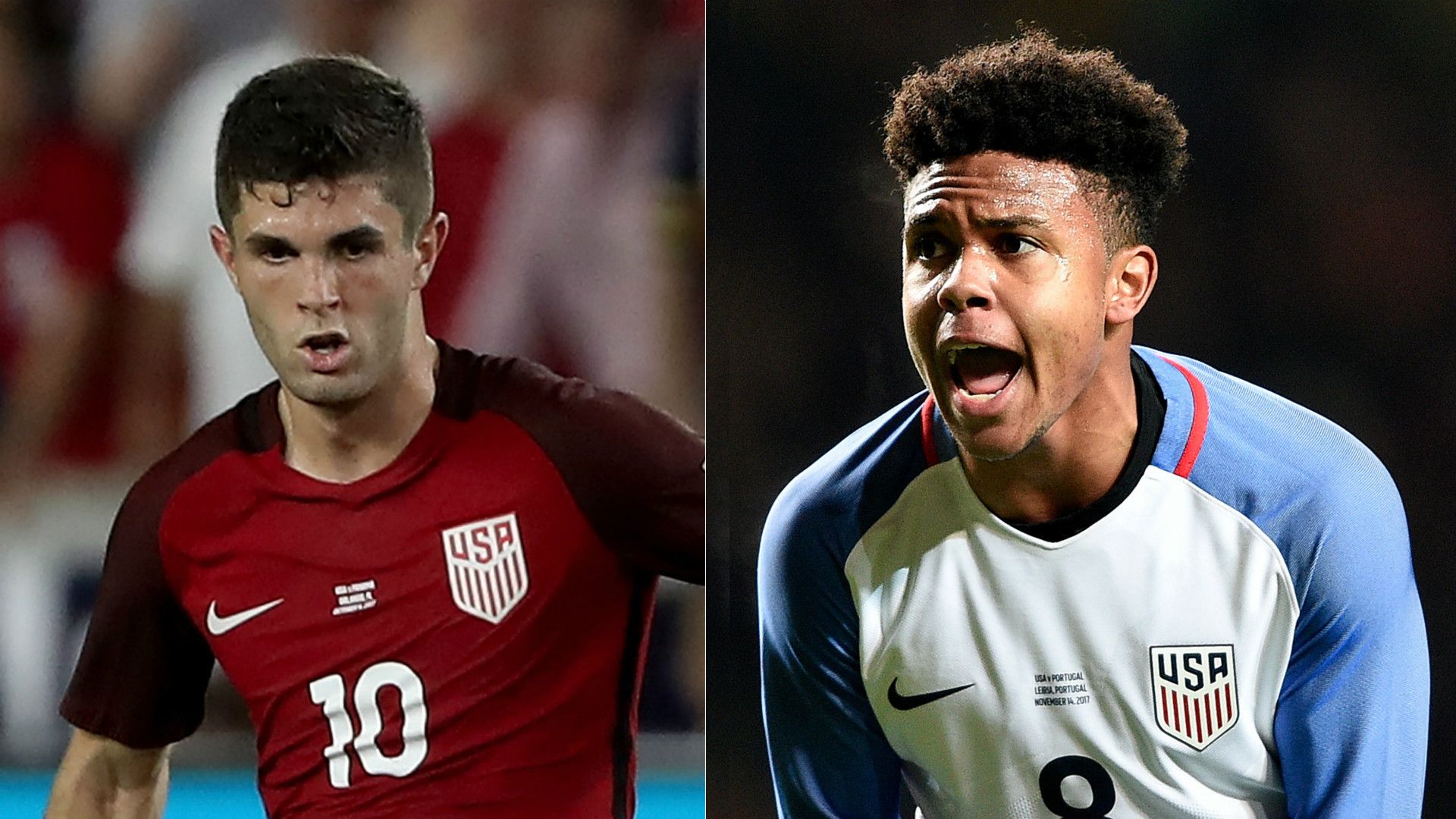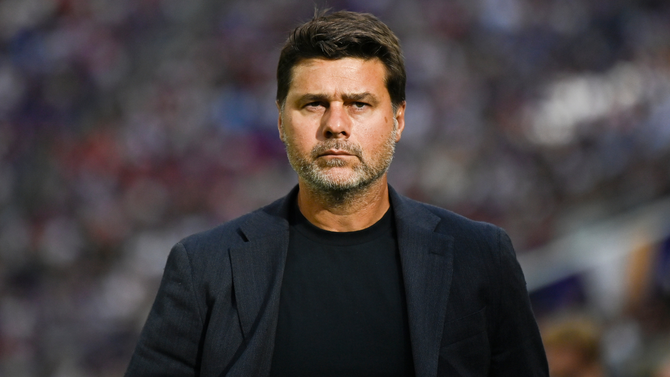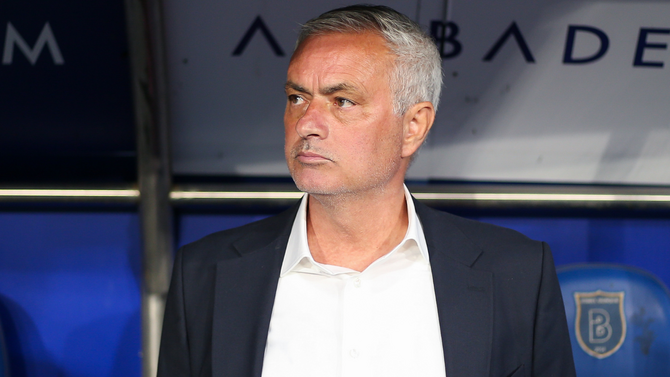
As the September international break looms, the world of football finds itself in a fascinating confluence of national team strategy and high-stakes club drama. On one side, the U.S. Men`s National Team (USMNT) is meticulously crafting its roster, casting a wide net for talent with the 2026 World Cup on home soil firmly in view. On the other, the UEFA Champions League qualifiers have reached their fever pitch, delivering a blend of expected dominance and captivating underdog stories.
The USMNT`s Grand Experiment: Expanding the World Cup Pool
With fewer than 300 days until the monumental 2026 World Cup, Head Coach Mauricio Pochettino (as noted in current reports) is embarking on what he terms “the last opportunity to bring some new faces” into the USMNT fold. This isn`t merely a casual call-up; it`s a strategic undertaking, a calculated expansion of the player pool designed to unearth hidden gems and fortify the squad`s depth. The latest roster for September`s friendlies against South Korea and Japan reflects this philosophy, featuring a intriguing mix of seasoned veterans and promising newcomers.
The squad selection paints a vivid picture of a team in transition, with only seven players boasting 30 or more caps. This deliberate shift underscores a commitment to rigorous assessment, challenging the notion that established names are automatic inclusions.
Pulisic`s Return and McKennie`s Notable Absence
One of the most talked-about developments is the return of Christian Pulisic. After a summer marked by what was described as “bickering” following his decision to opt out of the Concacaf Gold Cup, the AC Milan forward is back. Coach Pochettino has swiftly declared that chapter “behind us,” signaling a clear focus on future objectives rather than past grievances. Pulisic`s re-integration is crucial for a team that will lean heavily on his experience and flair on the global stage.

Conversely, the omission of midfield stalwart Weston McKennie has sent ripples through the fanbase. McKennie, a consistent presence for the USMNT, headlines a list of mainstays left out. Pochettino explained this as an integral part of the “player pool expansion” spirit, a pragmatic approach prioritizing evaluation over loyalty. “For me, all the players are important,” Pochettino stated, emphasizing the continuous assessment of a 65-player roster. This decision, while perhaps unsettling for some, highlights the fierce competition for places and the coach`s determination to leave no stone unturned.
Adding to the narrative of returns, Sergino Dest is set to make his first USMNT appearance since recovering from an ACL injury, and Josh Sargent is back in the mix after a “football decision” saw him excluded from the Gold Cup squad. These are not merely individual stories but threads in the larger tapestry of a national team striving for optimal form and cohesion ahead of a truly historic tournament.
The September Roster: A Glimpse into the Future
- Goalkeepers: Roman Celentano (FC Cincinnati), Matt Freese (New York City FC), Jonathan Klinsmann (Cesena)
- Defenders: Max Arfsten (Columbus Crew), Noahkai Banks (FC Augsburg), Tristan Blackmon (Vancouver Whitecaps), Sergino Dest (PSV Eindhoven), Alex Freeman (Orlando City), Nathan Harriel (Philadelphia Union), Tim Ream (Charlotte FC), Chris Richards (Crystal Palace)
- Midfielders: Tyler Adams (Bournemouth), Sebastian Berhalter (Vancouver Whitecaps), Luca de la Torre (San Diego FC), Diego Luna (Real Salt Lake), Jack McGlynn (Houston Dynamo), Sean Zawadzki (Columbus Crew)
- Forwards: Damion Downs (Southampton), Christian Pulisic (AC Milan), Josh Sargent (Norwich City), Tim Weah (Marseille), Alex Zendejas (Club America)
The USMNT will convene in New Jersey next week for their friendly against South Korea on September 6th at Sports Illustrated Stadium, followed by a clash with Japan three days later at Columbus` Lower.com Field. These matches are not just friendlies; they are critical proving grounds.
Champions League Qualification: Where Dreams Are Forged and Tested
While national teams plot their long-term strategies, club football offers immediate, high-octane drama. The final round of UEFA Champions League qualification wrapped up with eight teams battling for the last four coveted spots in Thursday`s league phase draw. The first legs provided a tantalizing glimpse of the stakes:
- Ferencvaros 1, Qarabag 3
- Rangers 1, Club Brugge 3
- Fenerbahce 0, Benfica 0
- Basel 1, Copenhagen 1
The path to Europe`s most prestigious club competition is never easy, and this year`s qualifiers have been particularly compelling. Tuesday saw three first-time Champions League participants—Norway`s Bodo/Glimt, Cyprus` Pafos FC, and Kazakhstan`s Kairat—make history. Kairat`s journey, in particular, reads like a footballing odyssey, starting in the first round of qualification back in early July and culminating in a dramatic penalty shootout victory against Celtic. Their goalkeeper, Temirlan Anarbekov, became an instant hero with three crucial saves, cementing Kairat as only the second Kazakh team ever to reach the Champions League group stage. It`s a testament to perseverance and the universal appeal of football`s underdog narrative.

Mourinho`s Return: A Pragmatic Underdog at the Wheel
The week`s headline act saw Benfica host Fenerbahce after a scoreless first leg in Istanbul. For Fenerbahce manager Jose Mourinho, this encounter was more than just a qualification match; it was a return to where his illustrious managerial career began almost exactly 25 years ago. The “Special One,” however, found himself in an unusual position: the underdog. Benfica, a Champions League regular, faced a Fenerbahce side that hadn`t graced the competition in nearly two decades.
“This is where it all began,” Mourinho reflected pre-match, with a characteristic blend of nostalgia and shrewd assessment. “I`ve been back here with Manchester United. I`ve never lost here because my teams were better. My Porto were much better, Manchester United were better; in this case Benfica are a team with a greater power to mine. … Good build-up play, dangerous on the counterattack, with fast players who attack space. They`re a good team. I`m not here to sugarcoat things and put Benfica on a pedestal that they don`t deserve. Right now, my goal is to win.”
Mourinho`s pragmatic acknowledgment of Benfica`s superior “power” speaks volumes about the challenge. Yet, his unwavering declaration of intent—”my goal is to win”—serves as a reminder that even when facing a perceived stronger opponent, the will to triumph remains the driving force. It’s a compelling snapshot of a coach, past his peak perhaps, but still capable of galvanizing his team for a monumental task.
The Enduring Thrill of the Global Game
From the USMNT`s meticulous preparations for a home World Cup to the raw, unscripted drama of Champions League qualifiers, football continues to deliver. It`s a sport of constant evolution, where new talents emerge, established stars are challenged, and the line between triumph and heartbreak is often razor-thin. Whether it`s the strategic genius of a national team coach or the defiant spirit of an underdog club, the beautiful game never ceases to captivate.











